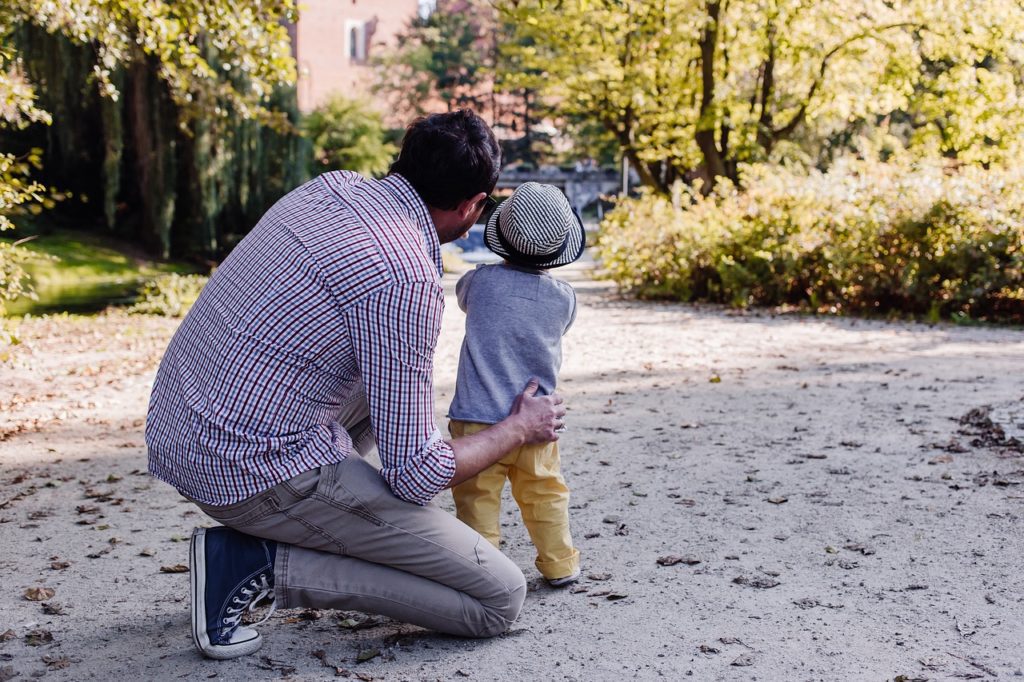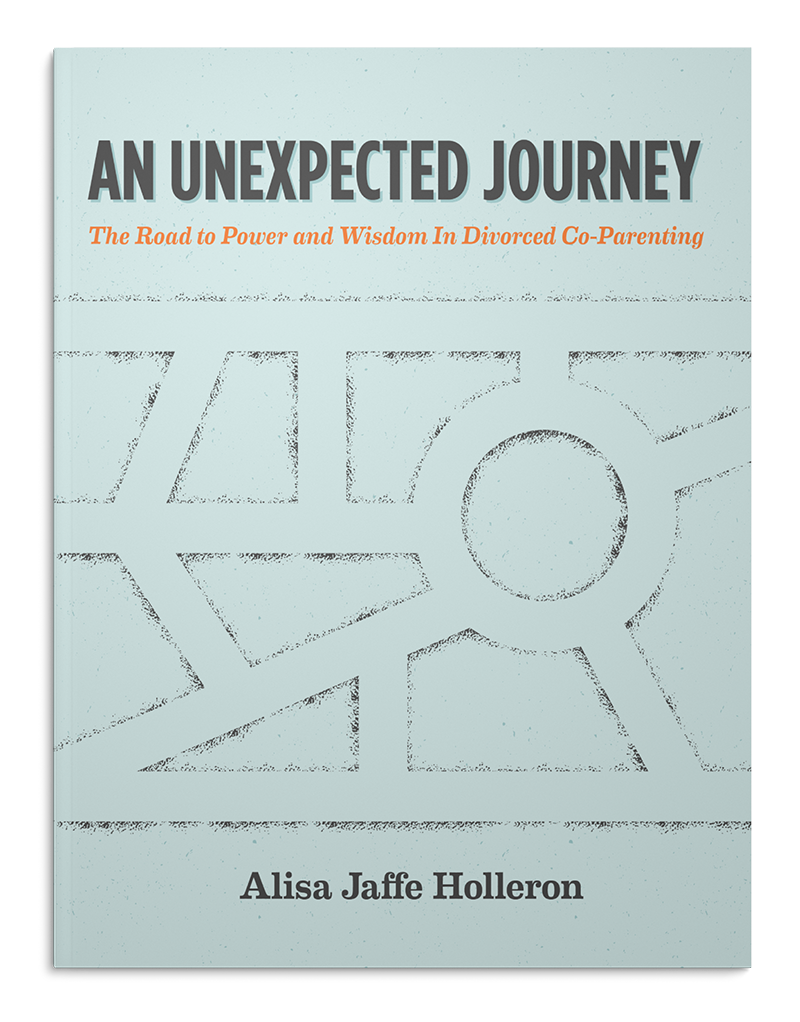What is connection?
Connection is being not just physically present, but emotionally present. Connection is putting yourself into a child’s experience; imagining what it’s like to be them. Connection is enjoying, savoring, being grateful for being in their presence. Connection is paying attention, being sincerely interested. Connection is openness; connection is curiosity. Connection demands that we allow ourselves not to know, but to be open to learning without expectation who this other person is.
Why is connection so important to healthy development in children?
- Connection makes children feel NOT alone. We all know that we can feel lonely even when we are in the presence of others. We feel lonely when we’re not connected. It is not simply being in the same room that feels good to us, it is being connected. It is very important for human beings to not feel alone. We are social creatures. We depend on one another for our happiness and a sense of wholeness. That is why loneliness is such a painful experience. Feeling alone for children is even more painful for adults because they are dependent. Feeling alone is frightening and sad.
- Connection makes children feel important. When you tune into your children, it gives them the message that they matter, that they are important, that they are loved, that they are worth your time…
- and therefore connection increases children’s self-esteem. If they are worth your time then they have value! If they are worthy of your love, they are lovable! Conversely, if you are not connected, not tuned in, you are demonstrating to them that whatever you are connected to (your phone, the TV, whomever your texting) has more worth and is more deserving of love than they are.
- Connection becomes internalized and gives children confidence when they are away from you. Building connection goes way beyond the moment of connection. It is an experience that becomes part of the child, that bolsters them, that helps build ground under their feet. When you build ground through connection, the ground stays with them even when you are not in their presence.
Then why can connection with children be so difficult?
- Because it wasn’t necessarily modeled for us. Many people grow up in homes in which their parents were not good at connecting for various reasons. When something hasn’t been role modeled for us, it doesn’t come naturally. That doesn’t mean that we can’t do it. It just means that we have to make a commitment to it and work at it.
- Because our own “stuff” is in the way. Our own thoughts and emotions can really get in the way of connection. If we are caught up in emotions and obsessive planning, worrying or ruminating about things that have happened, we are not present! If we are not present, we cannot connect.
- Because we’re too busy. We live in an extraordinarily busy culture: run, run, run, do, do, do. It is hard to be present when we are rushing about and absorbed in other things. We can feel pressured to provide children with many experiences and activities. These things can be important, but if they stand in the way of connection, they may be doing more harm than good.
- Because we’re on “auto-drive.” We can mindlessly move through our days as if we are on auto-drive, without really being present. When we are on auto-drive, we are not connecting with our children.
4 Things you Can do to cultivate it.
- Practice mindfulness. Mindfulness is a powerful skill that helps us to work with our emotional states, and thoughts so that we can be present to others. Mindfulness helps us get grounded and present. LEARN MORE ABOUT MINDFULNESS IN THE ONLINE CLASS: FREEDOM CO-PARENTING
- Detach from screens! Oh those screens! How enticing they are, and how disconnecting. Be deliberate in your use and try to use them as much as possible when you are not with your children.
- Establish times of the day that you commit to connection. Make a plan to spend 15-30 minutes just being with your children when they get home from school, or whatever part of the day works. Even a small amount of time can feel like too much when are days are so full and rushed. Start with whatever you can manage, even if it’s five minutes. The more you do it, the more you will want to do it. When you establish this time, the quality of presence will spill over into other parts of your day.
- Learn to listen. Listening is truly a skill. Train yourself to listen without judgment. This can be so hard! We have high expectations and it is easy for expectations to transform into judgment. Be conscious of how you do that, and work at not doing it. Your children will benefit.
Connection is what we long for.
When I ask parenting groups to name a fond memory they have of a parent/s they ALWAYS name something that has to do with connection. My dad took me fishing, just me! And we sat together in the quiet for hours TOGETHER. My mom saw that I was hurt and told me that she loved me. These stories are always about moments or periods of connection.
We can’t connect every minute every day, but a little bit goes a long way. Happy connecting!





2 Responses
beautiful article Ma’am … i am 100% agree with you
Love this article. How to heal at 40 if I am the child whose parents failed to provide what you talk about above. Physically present, physical needs met, no abuse,. “Just” no connection. Thank you <3